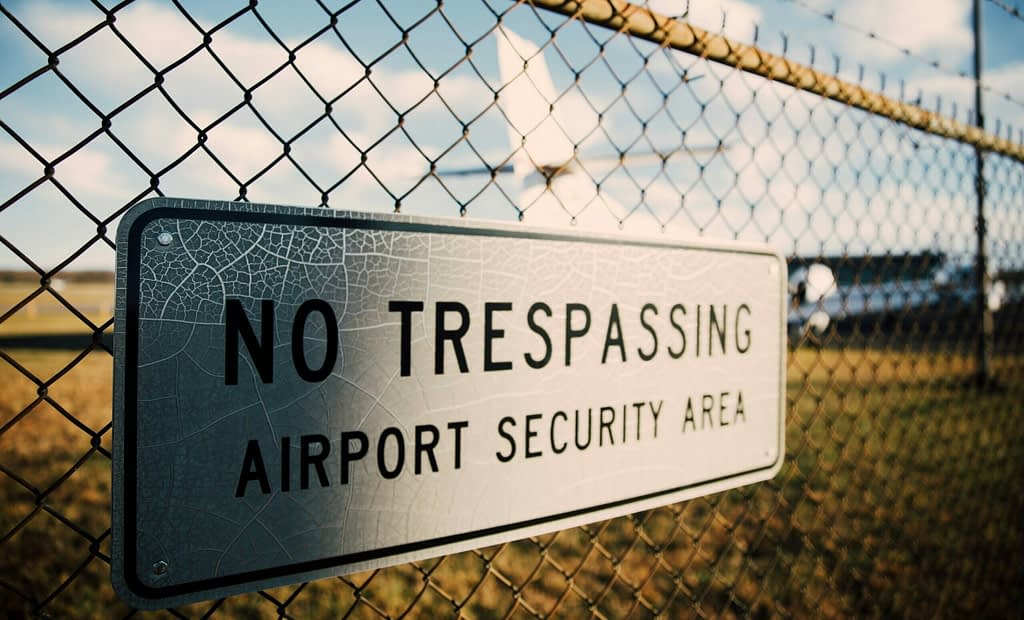President Donald Trump has signed a proclamation reinstating one of the most controversial measures from his first term. The travel ban affects citizens from 19 countries and represents a key component of Trump’s immigration-security strategy following an attack in Colorado.
Which Countries Face Complete Travel Restrictions
A full entry ban to the United States applies to citizens from these 12 countries:
- Afghanistan – included in the banned destinations list for the first time
- Myanmar, Chad, Republic of Congo – African states with security risks
- Equatorial Guinea, Eritrea, Haiti – countries with insufficient document control
- Iran, Libya, Somalia – states designated as terrorism sponsors
- Sudan, Yemen – regions with ongoing conflicts
Partial Restrictions for Additional Countries
Seven other states face only limited entry restrictions: Burundi, Cuba, Laos, Sierra Leone, Togo, Turkmenistan, and Venezuela. These partial measures allow selective visa approvals based on security criteria.
Motivation Behind Travel Ban Renewal
Trump justified his decision with the recent terrorist attack in Boulder, Colorado, where the attacker used an improvised flamethrower. The president blamed the previous administration for insufficient vetting of foreign nationals:
“The recent terror attack in Boulder, Colorado, has underscored the extreme dangers posed to our country by the entry of foreign nationals who are not properly vetted,” Trump stated in his announcement.
Travel Ban Exemptions
The measure does not apply to several categories of individuals:
- Valid visa holders – existing permits remain valid
- Permanent residents – lawful permanent residents face no restrictions
- Sports delegations – World Cup and Olympic participants
- Special visa categories – Iranian refugees and US military assistants from Afghanistan
Harvard University Under Scrutiny
Alongside the travel ban, Trump suspended visa processing for foreign students participating in exchange programs at Harvard University. The administration accuses the university of liberal bias and insufficient action against antisemitism.
Legal Challenges and Precedents
The travel ban will likely face court challenges, similar to its predecessor from the first term. The original measure from 2017 caused airport chaos and worldwide protests before the US Supreme Court upheld it in 2018 by a 5-4 vote.
Broader Immigration Agenda
The travel ban renewal represents part of a comprehensive immigration strategy including:
- National emergency declaration at the southern border
- Increased deportations of undocumented migrants
- Border wall completion with Mexico
- Tariff utilization as pressure tool on neighboring countries
These measures reflect Trump’s campaign promises to secure American borders and represent a test of presidential powers in immigration policy.




